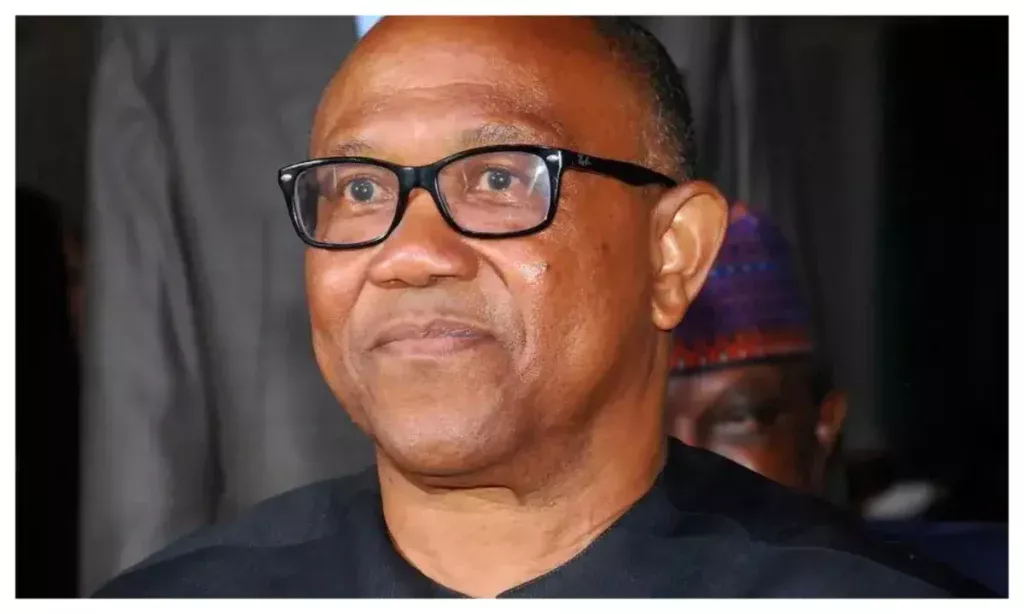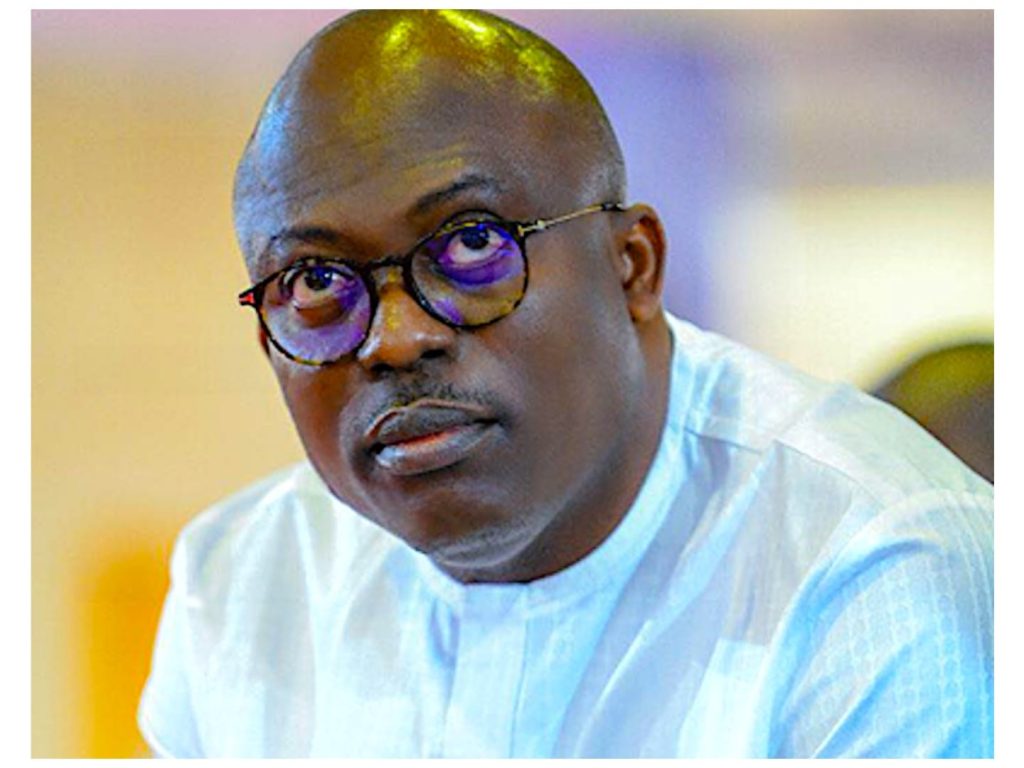The Nigerian government has announced several reforms in the education sector, in line with President Bola Ahmed Tinubu’s Renewed Hope agenda. According to Olusegun Dada, Special Assistant to the President on Social Media, the reforms aim to improve the country’s education system.
Key reforms include the introduction of a student loan scheme, designed to provide financial assistance to students pursuing higher education. Additionally, the government has reinstated history as a core subject at all levels, recognizing its importance in shaping the country’s future generations.
The Education for Renewed Hope Roadmap, launched by the National Education and Research Storage Infrastructure (NESRI), is another significant initiative. This roadmap outlines the government’s strategy for revitalizing the education sector, with a focus on areas such as entrepreneurship, digital literacy, and civic education. A comprehensive curriculum review is also underway, with the goal of incorporating these critical skills into the national curriculum.
Furthermore, the government has announced plans to expand the school feeding programme, which will now include digital registries linked to the National Identity Management Commission (NIMC). This move is expected to enhance the programme’s efficiency and effectiveness.
These reforms demonstrate the government’s commitment to overhauling the education sector, with a view to producing well-rounded and skilled graduates who can contribute to the country’s development. As the Nigerian government continues to roll out these initiatives, it remains to be seen how they will impact the education system and the country at large. The successful implementation of these reforms will be crucial in achieving the objectives of the Renewed Hope agenda, and in shaping the future of education in Nigeria.



